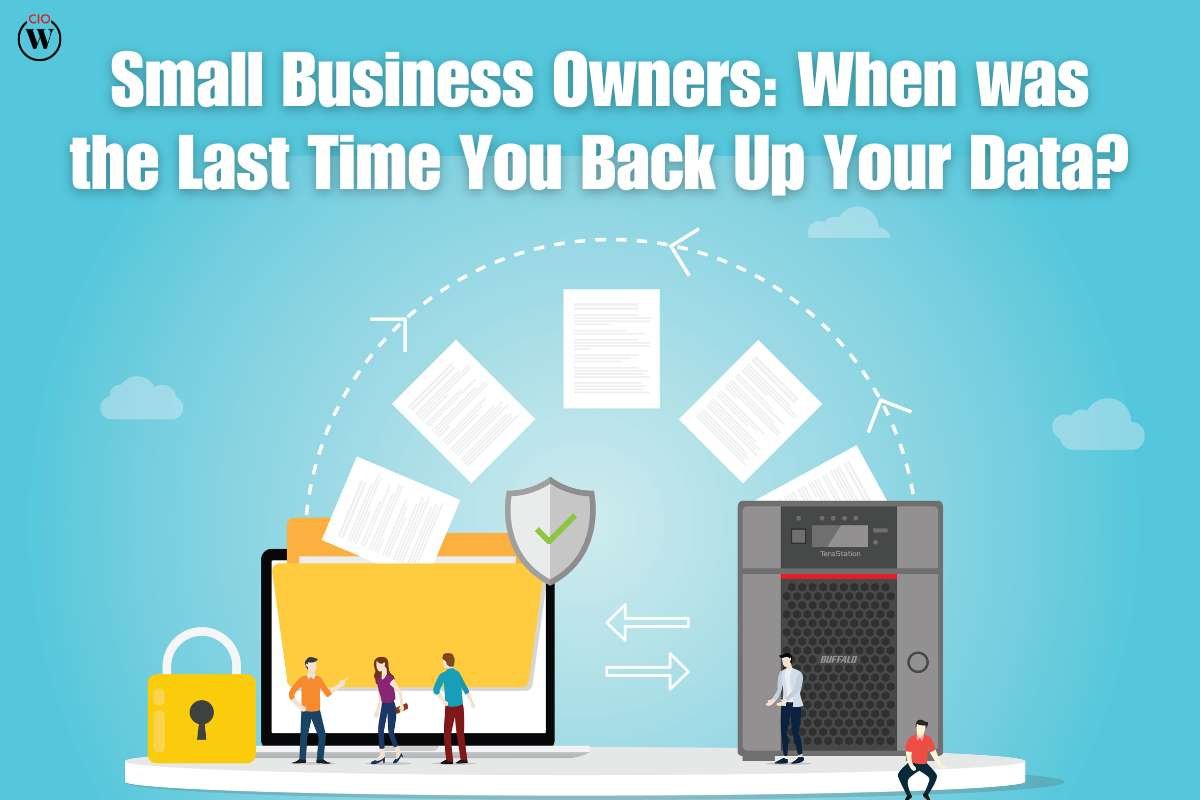The landscape of the automotive industry is evolving, and with it, the way we think about car ownership and transportation. One notable development that has gained significant traction in recent years is peer-to-peer car sharing. This innovative approach to mobility is changing the way people access and utilize vehicles, presenting both car owners and renters with new opportunities. The question that arises is whether peer-to-peer car sharing is a lucrative business venture.
What is Peer-to-Peer Car Sharing?
Peer-to-peer car sharing is a concept that revolves around individuals renting their personal vehicles to others for short periods, typically by the hour or day, through a digital platform or mobile app. This model challenges the traditional car rental and ownership structures, providing a cost-effective and sustainable alternative.
This practice not only benefits car owners by allowing them to monetize their underutilized vehicles but also serves renters who can access a wide variety of vehicles to suit their specific needs. It promotes the efficient use of resources and contributes to reducing the number of cars on the road, thus helping alleviate traffic congestion and environmental concerns.
The Growth of Peer-to-Peer Car Sharing
The rise of peer-to-peer car sharing can be attributed to several factors, including advances in technology, a shifting cultural perspective on car ownership, and the desire for sustainable transportation solutions.
- Technological Advancements:
The proliferation of smartphone apps and web-based platforms has made it easier for people to connect and transact. Peer-to-peer car sharing companies like Turo, Getaround, and Zipcar have capitalized on this digital transformation by creating user-friendly interfaces that allow car owners to list their vehicles, while renters can browse and book them with ease.

- Changing Attitudes Towards Car Ownership:
Many urban dwellers, particularly younger generations, are reevaluating the necessity of owning a car. With the increasing availability of ride-sharing services and public transportation options, car ownership is no longer a must for many city residents. Peer-to-peer car sharing aligns with this shift by providing access to vehicles without the long-term commitment and costs associated with owning a car.
- Sustainability Concerns:
Environmental awareness has been on the rise, prompting individuals to seek greener transportation options. Peer-to-peer car sharing contributes to the reduction of overall vehicle ownership and helps reduce greenhouse gas emissions by promoting carpooling and shared mobility.
Is Peer-to-Peer Car Sharing Lucrative for Car Owners?
One of the central questions surrounding peer-to-peer car sharing is whether it’s a profitable endeavor for those who own vehicles. The answer is largely contingent on various factors.
- Location:
The viability of peer-to-peer car sharing can vary depending on where you live. In urban areas with high population density, the demand for short-term car rentals is more substantial, making it more lucrative for car owners to participate in such services. In contrast, rural areas might not offer the same financial benefits.
- Vehicle Type and Condition:
The make, model, and condition of the vehicle play a significant role in determining its profitability in peer-to-peer car sharing. Newer, well-maintained, and desirable cars tend to attract more renters and command higher rental fees.

- Utilization Rate:
To make peer-to-peer car sharing financially rewarding, car owners must rent out their vehicles regularly. The more a car is rented, the greater the potential income. Car owners who use their vehicles infrequently might not reap significant financial benefits.
- Operating Costs:
Car owners must consider the costs associated with participating in peer-to-peer car sharing. These costs may include insurance, maintenance, and cleaning. These expenses can impact the overall profitability of the venture.
- Risk Management:
Car owners should be aware of the potential risks, such as accidents, damage, or theft when renting out their vehicles. Adequate insurance and a clear understanding of the terms and conditions of the peer-to-peer car sharing platform are essential to mitigate these risks.
While peer-to-peer car sharing can be lucrative for many car owners, it’s crucial to assess the economic viability on an individual basis. The potential for success depends on a combination of the factors mentioned above and the owner’s commitment to managing their listing effectively.
Is Peer-to-Peer Car Sharing Lucrative for Renters?
Renters stand to benefit from peer-to-peer car sharing in several ways:
- Cost Savings:
Peer-to-peer car sharing offers an economical alternative to traditional car rentals, particularly for short trips. The hourly or daily rates are often more budget-friendly, making it an attractive choice for those looking to save money.

- Variety of Options:
Peer-to-peer car sharing platforms typically offer a wide range of vehicles, from compact cars to luxury SUVs and everything in between. This variety allows renters to choose a vehicle that suits their specific needs for a particular trip, whether it’s a romantic weekend getaway, a family vacation, or a simple errand run.
- Convenience:
The ease of booking a car through a mobile app or website and the flexibility of pick-up and drop-off locations add to the convenience of peer-to-peer car sharing. Renters can access a vehicle when and where they need it without the hassle of visiting a traditional rental agency.
- Environmental Benefits:
By opting for peer-to-peer car sharing, renters can contribute to reduced environmental impact by sharing a vehicle with others, thus reducing the number of cars on the road and lowering emissions.
Conclusion
Peer-to-peer car sharing is a growing and evolving market that presents opportunities for both car owners and renters. Its success as a lucrative business depends on a variety of factors, including location, vehicle type, and the commitment of car owners to participate actively. For renters, it offers cost-effective, convenient, and sustainable transportation options. As technology continues to advance and societal attitudes toward car ownership evolve, peer-to-peer car sharing is likely to remain a viable and appealing option for those seeking an alternative to traditional car rental and ownership models. Whether it’s a lucrative business or not depends on individual circumstances, but its potential is undeniable.










